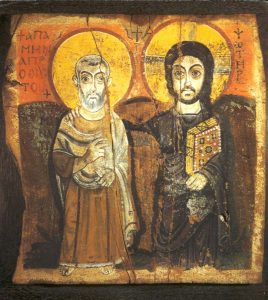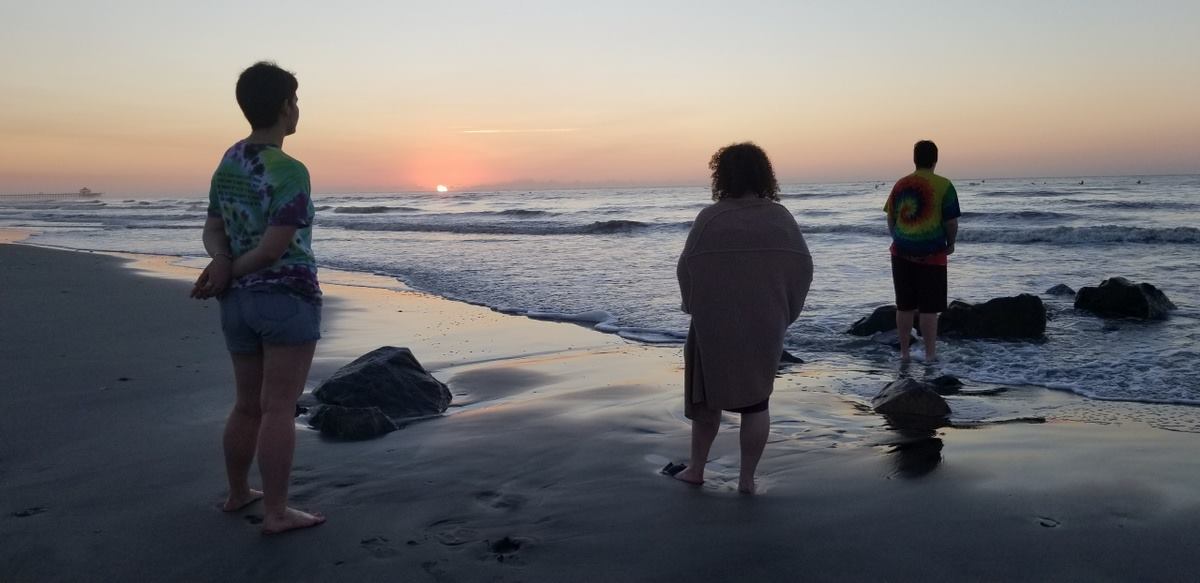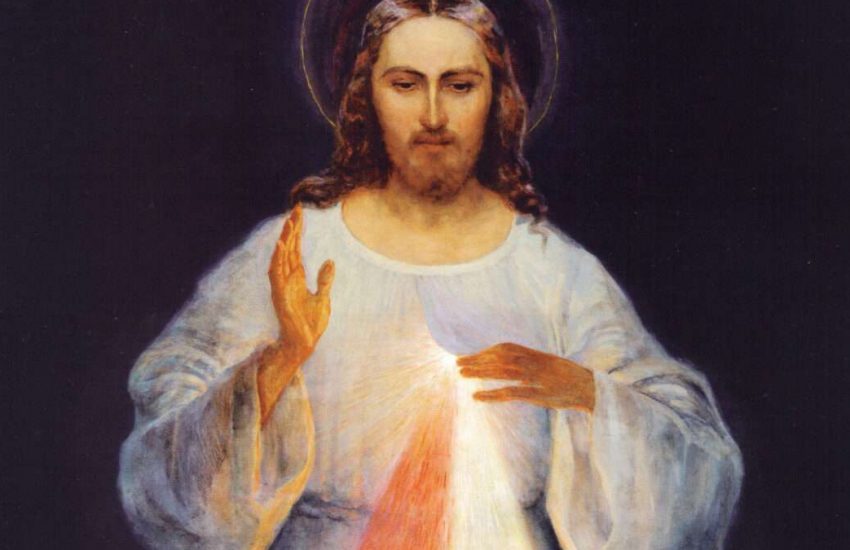Divine Friendship
I was blessed this past weekend to accompany thirteen of our students on a retreat to Folly Beach, the theme of which was holy friendship. Students shared with one another about how friendship is a form of love, and the importance of having healthy friendships with yourself, with others, and with God. It is this latter form of friendship that I’ve been reflecting on lately.
We run the risk in our modern, technologically-enhanced world, of forgetting what true friendship is. It is one thing to say we have 500 “friends” on Facebook. But how many of those people do we really know? And how many of those that we know in real life, even those we may engage with on a daily basis, can we count as true friends?
I’ve never been one to have a lot of friends. It could be because I’m an introvert by nature, but I’ve always preferred having one or two very close friends over dozens of acquaintances. The reason is simple: real friendship takes time and effort, and most of us are only capable of investing ourselves in this way with a small number of other people. Real friendship requires a deep level of personal trust. This goes beyond the kind of professional trust we extend to people every day: you trust your professor to grade you fairly; you trust the cook at the restaurant to not poison your food. No, friendship requires personal trust — I trust you not to reject me when I open my mind and heart to you.
In the original Shrek movie, Shrek said that ogres are like onions — they have layers. Well, people are like ogres. We have layers, too. There are the outer layers that we show to the world around us every day, whether it be in a classroom setting, work, or a social environment. Then there are the inner layers of ourselves that we only reveal to those very close to us, our family and close friends. Perhaps you have a best friend — and this is the kind of friendship good marriages are built on — that you feel safe revealing the deepest part of yourself to.
To open yourself up to another person like that is scary. It makes you vulnerable. We don’t like feeling vulnerable, which is why we only enter into this level of intimacy with those we trust implicitly and who also trust us enough to reciprocate that intimacy.
God’s Vulnerability

So where does God fit in to all this? Am I going to next say we should open up the deepest part of ourselves to God and allow ourselves to be vulnerable to him? Sure, we are called to do that. But the truth is God already knows the deepest part of us. He knows us better than we even know ourselves. So we don’t really have to “make ourselves” vulnerable to God. We just have to accept the fact that we are.
I want us to think about friendship with God from another direction. Our friendship with God isn’t something we initiate. It’s something God initiates. Jesus told the disciples, “I no longer call you slaves, but friends.” Jesus wants to be friends with us. Here’s the context of that statement.
“This is my commandment: love one another as I love you. No one has greater love than this, to lay down one’s life for one’s friends. You are my friends if you do what I command you. I no longer call you slaves, because a slave does not know what his master is doing. I have called you friends, because I have told you everything I have heard from my Father. It was not you who chose me, but I who chose you…” (Jn 15:12-16a)
Jesus chose us to be his friends. He did this in a powerful way by dying for us on the cross. But he also shows his friendship by telling us everything he heard from the Father.
So when Jesus says “you are my friends if you do what I command you,” we shouldn’t read this as meaning, “I’ll be your friend if you do what I say.” No. Jesus already desires to be our friend. He’s the one inviting us to be his friend. And the way we say “yes” to Jesus’ divine friendship request is to follow the commandments. Why? Because the commands Jesus teaches us are nothing short of the mind of God. Jesus, the Logos, is the perfect Image of God. He is the fullness of God’s self-revelation to man. To put it simply, Jesus reveals God to us.
In sending his Son into the world to teach us, sanctify us, suffer and die for us, God makes himself vulnerable. He has exposed his inner life to us. And he has invited himself to participate in his life. He says, This is who I AM. Take me or leave me.
The commandments of God are not a set of rules God imposes, or an obstacle course he makes us pass through to get to heaven. The commandments are the mind and heart of God. God does not force them upon us. We are free to reject them. But he invites us to follow them, and so share in his life. He invites us to be his friend.



